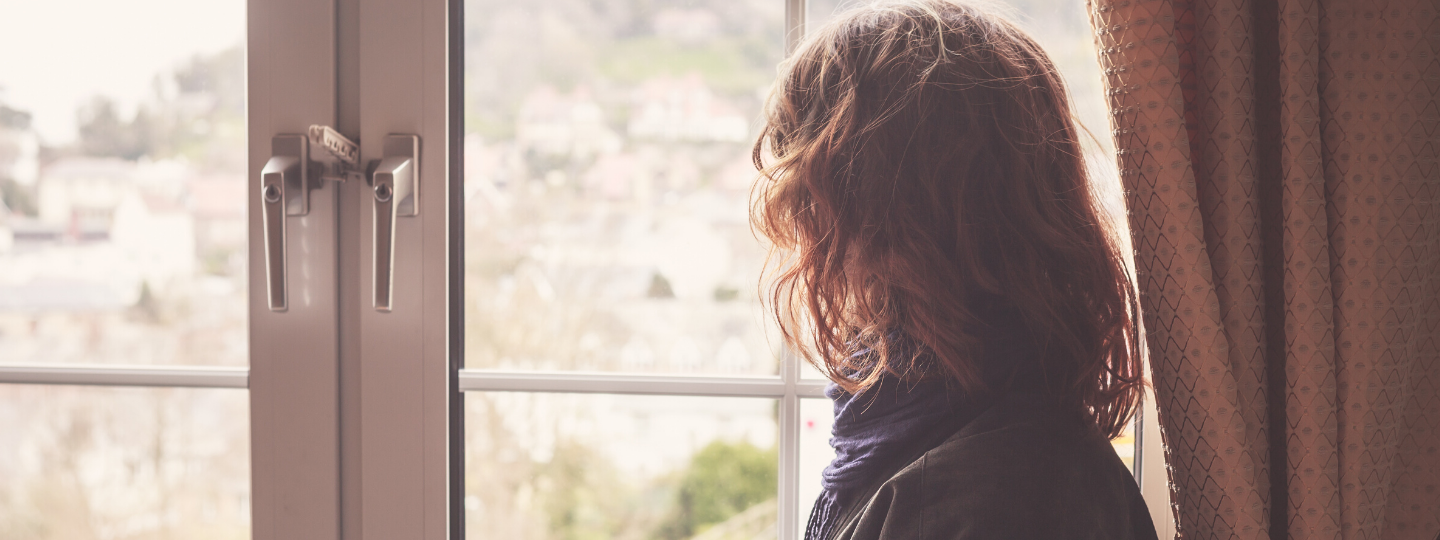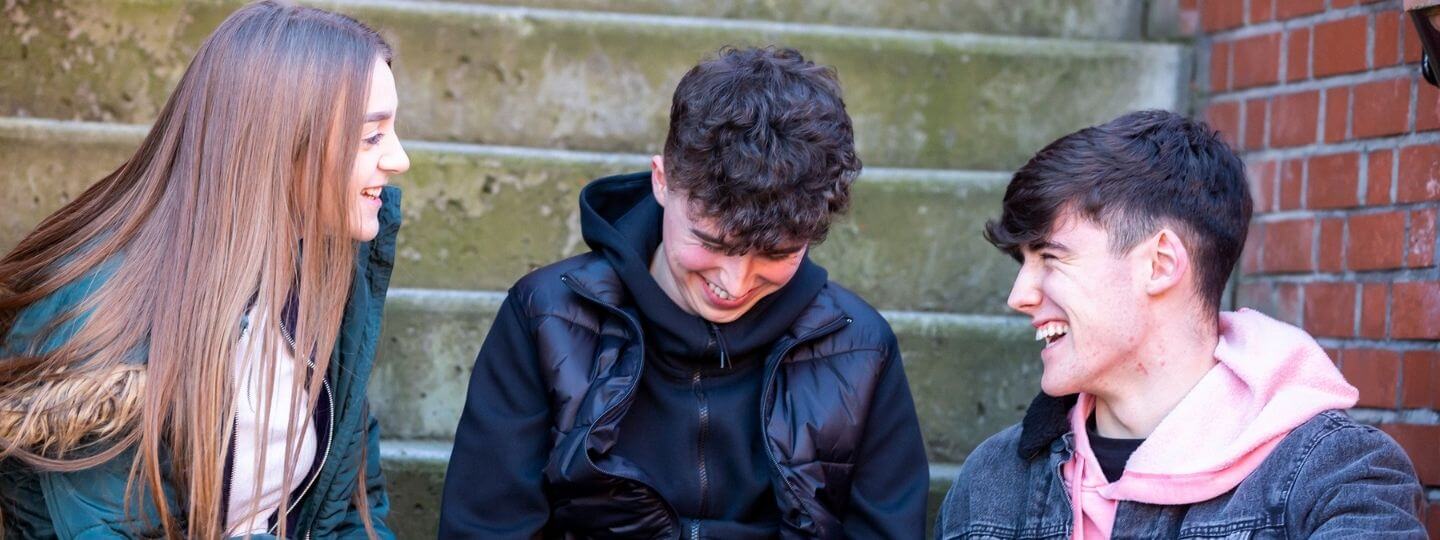Being single doesn’t seem like something to celebrate. Relationships are the focus of a lot of the popular culture we consume.
It can also take a period of adjustment if we recently find ourselves single, through a break-up, or ending a relationship.
Our Instagram feeds are filled with snaps of ‘happy couples’ and #relationshipgoals. There’s a mountain of advice on how not to be single. So, you’d be forgiven for thinking everyone in the world is in a relationship except you.
However, that’s not the case. According to the most recent Irish Census, 41% of people over 15 years-old are single. Yet still, we can feel the pressure to ‘couple up’ and this can be challenging.













